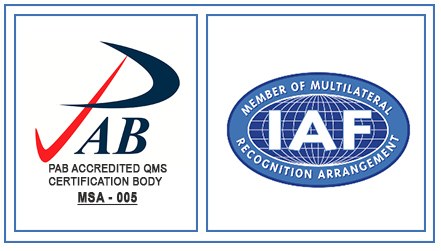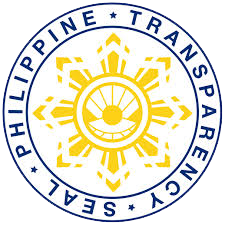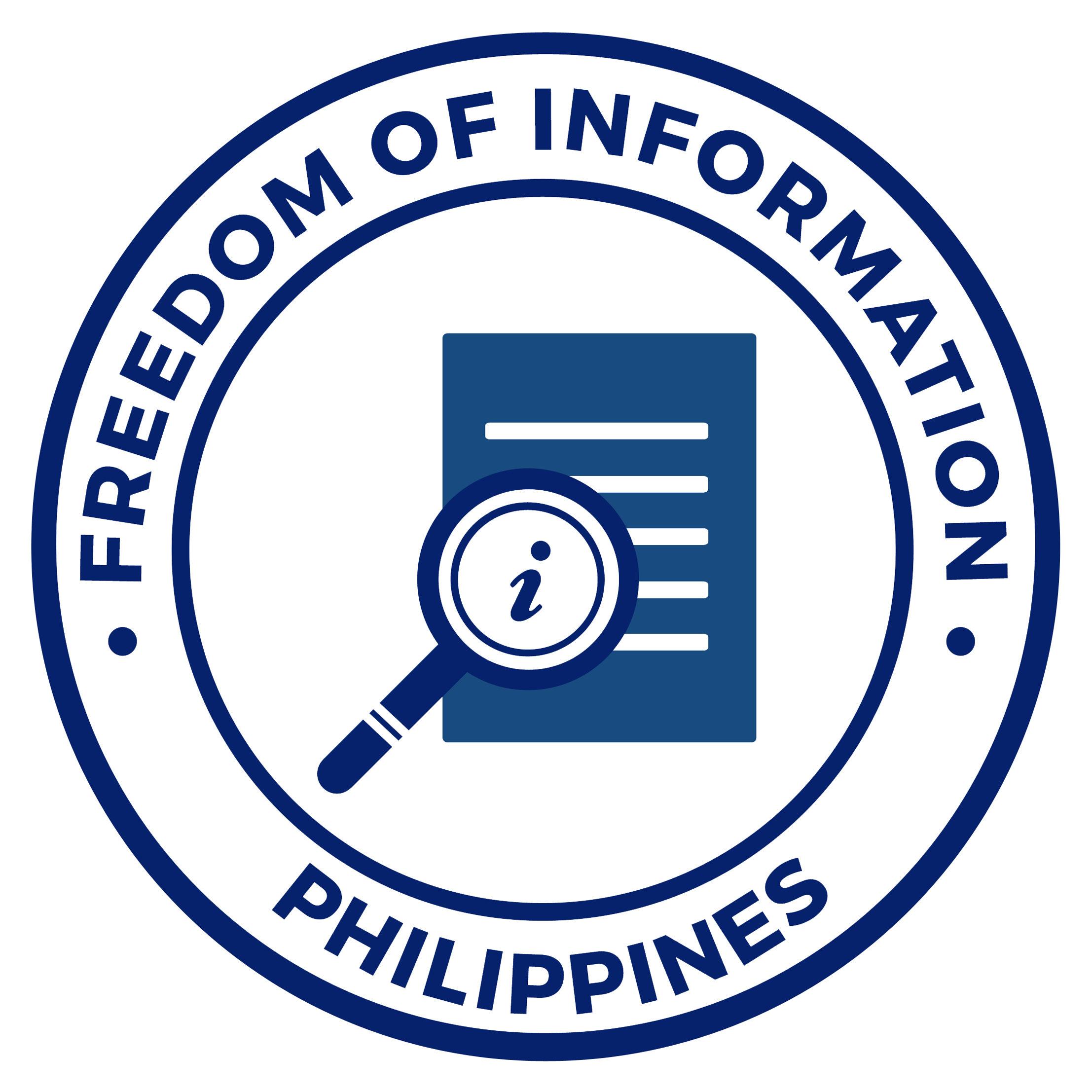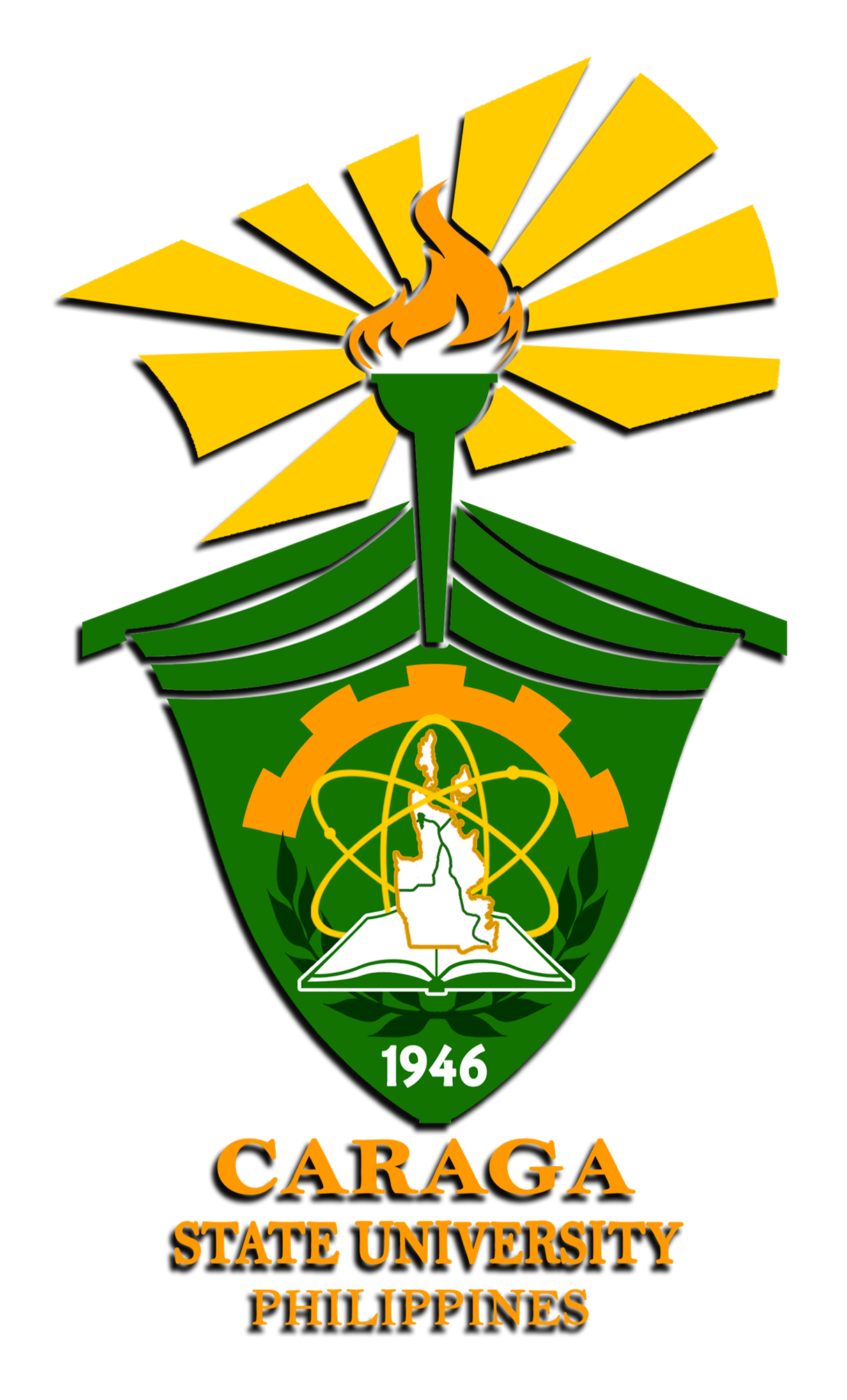News and Events
Caraga State University History
The Caraga State University (CSU) was first conceived in 1918 as the Agusan Agriculture High School (AAHS) through the passage of an Omnibus Bill filed by the First Congresswoman of the Philippines, Honorable Elisa Rosales Ochoa. On February 14, 1920, Proclamation Number 4 was passed by the American Governor to the Philippines Francis Burton Harrison, declaring the reservation of 232-hectare virgin forest land in Barrio Ampayon, in the Municipality of Butuan, province of Agusan del Norte as the grounds of the young school. However, only at the close of World War II in 1946 was the Agusan Agricultural High School (AAHS) established in the reserved area.
The first framework of the school building was laid down in 1937. However, the development of the school was deferred as the government deviated from giving priority to serving the Manobo cultural minority by creating the Bunawan Agricultural High School in Agusan del Sur. The funding for the establishment of the school came from the Rehabilitation Act of 1946, the FAO-PHILCUSA, and the Pres. Carlos P. Garcia contingency fund.
After 17 years, on June 22, 1963, Republic Act 3604 was passed, converting the school into the Northern Mindanao Agricultural College (NORMINAC). NORMINAC was among the 13-pilot experimental agricultural high schools chosen by the Department of Education and Culture (DEC) for World Bank Assistance through the Central Bank Development of Education Agricultural Loan Fund (CB-DEC-ALF), which was the umbrella of the Educational Project Implementing Task Force (EDPITAF) in 1974-1975. Moreover, NORMINAC became the training center for the National Manpower and Youth Council (NMYC). In collaboration with the International Rice Research Institute, the school was instrumental in the discovery of the zinc deficiency problem of the Agusan Land. The technological breakthrough solved the puzzle of poor rice harvests in many rice fields in Agusan and the surrounding areas.
In 1977-1978, the Bachelor of Science in Agricultural Education opened with 34 enrollees. However, it was phased out to meet World Bank requirements of offering only agricultural technology courses to develop skills for countryside development.
As Caraga Region rapidly grew and developed in both agricultural and industrial sectors, House Bill No. 25 was passed by the then Assemblyman Antonio R. Tupaz, converting NORMINAC to the Northern Mindanao State Institute of Science and Technology (NORMISIST). The House Bill became Batas Pambansa Blg. 241 when President Ferdinand Marcos Sr. signed it into law on November 11, 1982, and NORMINAC became NORMISIST or Northern Mindanao State Institute of Science and Technology.
It was around this time that logging facilitated the economic expansion of Butuan. The wider range of curricular offerings was dynamically responsive to the region's growing need for an educationally prepared and academically capable human resource equipped with higher technical skills for agricultural and industrial development. The conversion of NORMINAC into NORMISIST also provided opportunity and access to a good quality of higher education in science and technology to the youth in the region, who had been deprived of such a right for many years.
NORMISIST has steadily grown as an institution in delivering education to the constituents of Butuan and the neighboring community. In 1994, the Presidents of the Faculty Association, the Administrative Personnel Association, and the Central Student Government gained the privilege of observing the e meetings of the Board of Trustees (BOT). The above-mentioned organization presidents were not afforded voting rights. However, the observation privilege given at the meeting was an essential means for the stakeholders to learn the rudiments of policy and decision-making; thus, it was an initial step in integrating NORMISIST personnel into the mainstream of BOT powers.
In the same years, the institution exemplified academic growth by starting to offer graduate studies, namely MA in Education with majors in Education and Supervision, General Education, Curriculum and Instructional Technology, and Adult and External Education as sanctioned by Ref. Res. No. 12, s. 1994 of the Board of Trustees. The above-mentioned accomplishment led to the offering of other graduate programs that were responsive to the need of equipping the human resources of the region.
As part of its commitment to serve a larger academic area of responsibility, and with the integration of a CHED-supervised school, NORMISIST has evolved into a system with one satellite campus – the NORMISIST-Cabadbaran Campus – established in an 8-hectare area at the heart of the municipality of Cabadbaran, Agusan del Norte.
Through the course of its growth, the Institute has been served by seven (7) presidents and two (2) Officers-In-Charge who have exemplified deep commitment to academic development and progress, thereby completing meaningful contributions that cemented the Institute's path towards greater improvement.
The first president of the Institute was the late Engineer Alberto Villares, who was responsible for the implementation of the ADB-funded ATEP-EDPITAF Project package offering the technology-oriented DAT-BAT program, its infrastructure, curriculum, and human resource development support system. He led the establishment of the College of Science and Mathematics Teacher Education. He also labored to create strong links with various line agencies, Non-Government Organizations (NGOs), and research consortia.
Dr. Antonio Tomaneng, a PhD in Soil Science and a trained Agricultural Engineer, was elected as President in 1993. He was the first to promote the tri-function of a State College, namely, instruction, research, and extension. Dr. Tomaneng initiated engineering programs, specifically the Associate in Material Science Engineering and the BS in Geodetic Engineering.
In 1997-2000, NORMISIST was managed by Dr. Glory S. Magdale and Dr. Joanna B. Cuenca, CHED Directors acting as Officers In-Charge. It was in this period that the School of Engineering was established.
Dr. Wenceslao Tianero, a Ph.D. in Agricultural Education and a former Vice President for Academic Affairs at Central Mindanao University, took over the presidency in 2000. His notable achievements were the establishment of agricultural projects such as the Carabao Center, Dairy Processing Center, and Tissue Culture Project.
Dr. Edgar W. Ignacio, a Ph.D. in Chemistry and former Vice Chancellor for Academic Affairs of the Mindanao State University-Iligan Institute of Technology (MSU-IIT), also served as the 4th Institute President, with much effort put into the development of the Institute - faculty development program and the establishment of the Science and Technology Complex. The Institute was strengthened to address the mandate of Science and Technology delivery in the Region. These were manifested in the enhancement of S&T Laboratories, hiring new faculty members to backstop S&T program offerings, establishing the ICT Center, and constructing additional laboratories and classrooms.
From 2008 to February 2014, Dr. Joanna B. Cuenca, CEO III and former Director of the Commission on Higher Education of the Caraga Region, headed the administration. She has led the accreditation of several programs in AACCUP, obtained COD status for Mathematics Program, and expanded the scholarship programs for students. In addition, she has established the HITACHI-donated Robotics Laboratory, helped construct several student centers, and began the construction of the Institute's hostel. During her time, NORMISIST Funding for Research and Extension was also increased. Dr. Cuenca worked with the Members of the Board of Trustees (BOT), Administration Officials of the Institute, and Congressmen of Agusan del Norte to establish a state university in the region. Congressman Jose "Joboy'' S. Aquino of the First District of Agusan del Norte co-authored by former Presidential Executive Secretary and Congressman, Second District of Agusan del Norte, Congressman Edelmiro A. Amante filed the House Bill Number 5110 at the House of Representatives with Senator Mar A. Roxas as the principal sponsor in the Senate. HBN 5110 was approved in the Senate's 3rd and final reading on November 16, 2009. On December 16, 2009, HBN 5110 was signed and approved into law by Her Excellency President Gloria Macapagal-Arroyo through Republic Act 9854.
President Gloria M. Arroyo came to NORMISIST for the ceremonial signing of Republic Act 9854 on January 5, 2010. RA 9854 established the Caraga State University in the region by integrating the Northern Mindanao State Institute of Science and Technology (NORMISIST) of this city and the Northern Mindanao College of Science and Technology (NMCAST) in Cabadbaran, Agusan del Norte, with its main campus in Butuan City. Dr. Cuenca served as the first President of the newly established Caraga State University.
On June 14, 2014, Dr. Anthony M. Penaso, a young, dynamic leader, became the 2nd President of CSU. His presence brought a lot of positive changes to the University. Under his term, the University maintained its COD status for Mathematics and added two more CODs in Biology and Information Technology. It has the most CODs among higher education institutions in the Caraga Region. CSU is the first ISO-certified state university/college (SUC) in Caraga Region. Since 2014, Dr. Penaso has fast-tracked its accreditation status across all programs (except BS Chemistry, which was re-offered after a moratorium).
In 2015, CSU was awarded by AACCUP among the top universities for having the greatest number of programs awarded Level II re-accredited status and the greatest number of programs awarded candidate status. Only in Dr. Penaso's time that programs are accredited at CSU-Cabadbaran Campus.
Dr. Penaso is instrumental in re-offering the BS Chemistry program and in offering new programs, namely BS Social Work, BS Psychology, BS Geology, and BS Civil Engineering, at the Main Campus. He rationalized the various industrial technology, tourism and hospitality management programs and offered new programs, namely the BS in Computer Engineering, BS in Business Administration (majors in Financial Management, Operations Management, Marketing Management, Human Resource Management, and Business Economics), BS Accountancy, BS Management Accounting, BS Accounting Information System, BS Internal Auditing, BS Entrepreneurship, and BS Office Administration at CSU Cabadbaran Campus. In partnership with LGU Bayugan City, he also established an external graduate studies center offering master’s degree programs in public administration, educational management, mathematics education, and science education.
In 2020, CSU was Level II institutionally accredited, being awarded by the Accrediting Agency of Chartered Colleges and Universities in the Philippines. It was also awarded as the top-performing SUC in the country with the highest number of Level II accredited programs.
To sum up all these accomplishments, CSU is the only state university in the country that has leapfrogged from its SUC Level 2 to SUC Level 4 status. It is the only Level 4 SUC in Caraga Region, one of the only five (5) Level 4 SUCs in Mindanao, the first SUC in the region to have been ISO 9001:2015 certified, one of the 20 Level 4 SUCs in the Philippines, one of the SUCs in the country that has been granted three (3) QS stars by the Quacquarelli Symonds, and the first SUC in the region that received the of the Recognition for Proficiency in Quality Management (Level II) under the Philippine Quality Award (PQA) Assessment Cycle.
At present, the University is transitioning into a future-focused perspective under a new administration, with a nod and commitment to the previous accomplishments and ways forward. Dr. Rolyn C. Daguil, a Ph.D. in Computer Engineering, was elected by the CSU Board of Regents in 2022. Guided by forward-thinking and adaptable leadership, he endeavors CSU to become a driving force for social and economic progress within the digital realm.
Dr. Daguil stands at the forefront of the LIKHA Agenda, which abbreviates his administration's strategic goals for the University over the next four years: Launchpad of Innovators and Global Talents, Interdependence and High-Impact Coalition, Knowledge, Co-creation, and Commercialization, Hub of Academic Excellence, and Accelerated Administrative Process and Digital Transformation. Equitably, LIKHA is a word derived from the Filipino language that translates to the creation of shared value for the public good. This signifies CSU’s response framework to the challenge of establishing a future-proof academic institution. With the LIKHA Agenda, Dr. Daguil puts forward on scaling the university’s global competitiveness by enhancing and developing CSU’s talents, assets, and opportunities through the creation of new value, meaningful solutions, and responsible steward-leaders in the university and community.
Of the many promised accomplishments of Dr. Daguil, his strategic efforts in the realization of the School of Medicine have taken the spotlight as of this writing. He was instrumental in laying the groundwork by forming alliances with stakeholders, partnering with hospitals and communities, securing faculty members and facilities, and ensuring resourceful and stable funds. All these actions affirm his commitment to the previous administration's plans and to Caraga, aiming to establish the region's first school of its kind.
Dr. Daguil envisions his LIKHA Agenda coming to fruition in succession, alongside other duties and prospects necessitated throughout his term through the approved Hiraya Manawari ’28, the University’s new strategic framework approved through BOR Resolution No. 82-33, s. 2023.
Admissions
Registrar
Guidance
Office of the President
Public Information and Communication Office
Course Particulars
College of Engineering and Geo-Sciences
College of Agricultural and Agri-Industries
College of Mathematics and Natural Sciences
College of Forestry and Environmental Sciences
College of Computing and Information Sciences
College of Education
Philippine Standard Time
Transparency Seal
Design by ICT Center.





